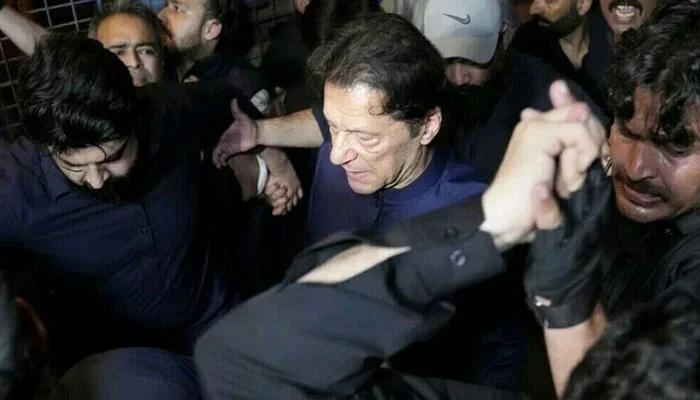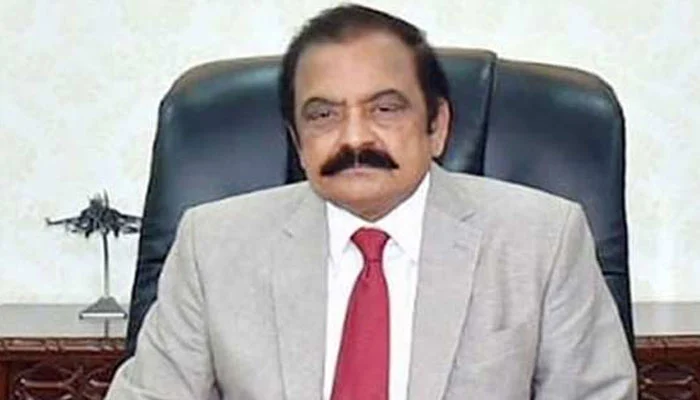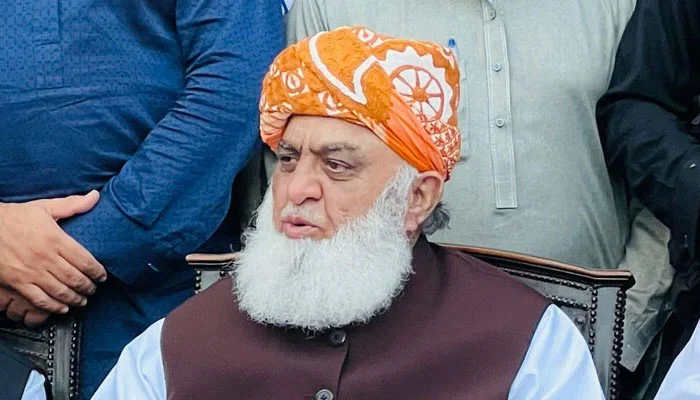In a recent development, the Pakistan Tehreek-e-Insaf (PTI) continues to be listed in the registered political parties on the Election Commission’s website. While the ballot symbol remains allotted to the party, questions arise about the PTI’s parliamentary strength and whether it can maintain its political standing.
According to the report by Dunya News, the constitution remains silent on the matter, leaving a lingering uncertainty about whether political parties successful in elections through independent candidates under the banner of Azad Huqooq (Independent) can still join established political entities. The report suggests that the constitution does not explicitly address the scenario where successful independent candidates may later choose to align themselves with a political party after securing victory.
The issue has prompted speculation and discussions among legal experts and political analysts. Barrister Gohar, anticipating the constitutional complexities, hints that the matter might find itself in the scrutiny of the Supreme Court, indicating that legal interpretations could play a pivotal role in determining the future of such scenarios.
The report emphasizes that the constitution, in the context of Azad Huqooq, allows successful candidates three days to join any political party after their names are published in the official gazette. Senior lawyer Anwar Mansoor opines that candidates winning under Azad Huqooq have the option to join PTI after the elections.
However, the former Secretary of the Election Commission, Kanwar Dilshad, raises concerns about the inclusion of PTI in the list of registered parties. He asserts that the registration of a political party whose candidates were denied electoral symbols stands canceled. Moreover, he points out that political parties deprived of electoral symbols lose their registration, and individuals winning with Azad Huqooq cannot exercise the option to join PTI after securing electoral victory.
This situation brings into focus the need for clarity and potential amendments in the electoral laws to address such scenarios, ensuring that the constitutional framework remains robust and adaptable to the evolving dynamics of electoral politics in Pakistan.



